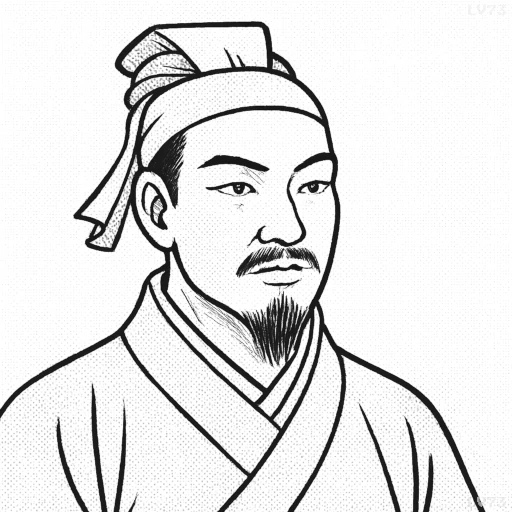“If fighting is sure to result in victory, then you must fight, even though the ruler forbid it; if fighting will not result in victory, then you must not fight even at the ruler’s bidding.”

- 544 BC-496 BC
- Born in China
- Military strategist, military strategist
table of contents
Quote
“If fighting is sure to result in victory, then you must fight, even though the ruler forbid it; if fighting will not result in victory, then you must not fight even at the ruler’s bidding.”
Explanation
In this quote, Sun Tzu asserts that the decision to engage in battle should be based on strategic logic and the certainty of success, rather than obedience to orders or external pressure. If a commander is confident that victory is achievable, they must act decisively, even if it goes against the wishes of their superior. On the other hand, if there is a high risk of defeat or if victory seems impossible, the commander should avoid conflict, regardless of any orders to the contrary. The emphasis is on rational decision-making and strategic foresight, placing the welfare of the army and the long-term goals of the state above blind obedience or emotional impulses. The focus is not on following orders, but on achieving the most beneficial outcome for all parties involved.
This principle applies beyond warfare to fields like business, sports, and politics. In business, leaders must sometimes make bold decisions that might not align with the expectations of investors or shareholders if the data shows that such a move is essential for long-term success. For example, Apple’s decision to radically change its product line or launch a risky new product might go against initial shareholder expectations, but if the strategy is aligned with future growth, it can lead to long-term success. Similarly, in sports, coaches must assess whether the risk of a particular play or strategy is worth it, even if it defies traditional advice or opponent expectations. In politics, leaders must sometimes act against popular opinion or external pressures if they believe it is necessary to secure a better outcome in the long term.
Historically, Sun Tzu’s strategy has been employed by military commanders who evaluated the likelihood of victory rather than simply following orders. For example, during the American Revolution, George Washington famously avoided battle unless he believed victory was assured, as he understood that the Continental Army was outmatched by British forces. His decision to fight at Trenton was based on the strategic calculation that a surprise attack could lead to victory, and thus he went against conventional wisdom. Another example is Napoleon Bonaparte, who understood that sometimes it was better to avoid conflict if victory was not assured, such as during his failed campaign in Russia. Sun Tzu’s emphasis on rationality over blind obedience speaks to the timeless importance of strategic thinking in both military and non-military contexts, reminding leaders to act based on the likelihood of success rather than external pressure.
Would you like to share your impressions or related stories about this quote in the comments section?


